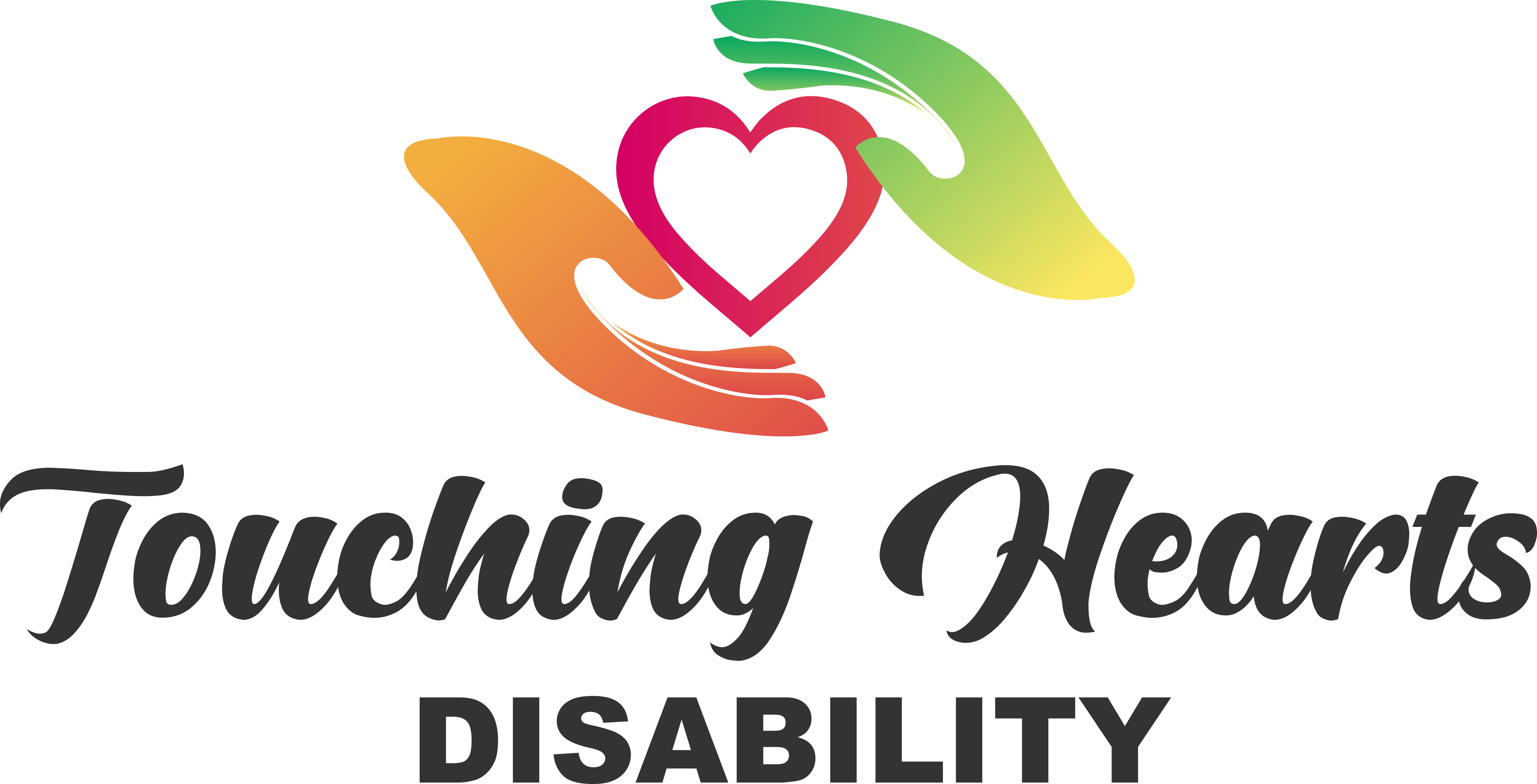For individuals with disabilities, the National Disability Insurance Scheme (NDIS) serves as a guiding beacon in the ever-evolving landscape of healthcare services
Among the array of services provided, Community Nursing Care under the NDIS is indispensable for delivering comprehensive, individualized healthcare in a community setting. This guide delves into the significance of community nursing care under the NDIS, exploring its scope, advantages, and the ways it enhances the lives of individuals with disabilities.
Understanding Community Nursing Care under the NDIS
Defining Community Nursing Care:
The NDIS encompasses a broad spectrum of healthcare services delivered in community settings, including community nursing care. Tailored to address the unique healthcare needs of individuals with disabilities, this service aims to promote self-sufficiency and enhance overall health. Defined by the NDIS, community nursing care adopts a person-centered approach, ensuring that individuals receive personalized and comprehensive healthcare within familiar community settings.
Scope of Community Nursing Care:
Community nursing care under the NDIS covers a comprehensive range of healthcare topics, including:
Regular health examinations, medication administration, and chronic condition monitoring for health monitoring and management.
Wound care and rehabilitation with expert attention to wounds and support in the rehabilitation process.
Personalized care plans designed to meet the specific needs and goals of each individual.
The Impact on Individuals and Communities
Personalized and Holistic Care:
Community nursing care NDIS services stand out by providing individualized and comprehensive care. This approach recognizes the importance of personal preferences and circumstances alongside medical considerations. By delivering services in familiar community settings, individuals with disabilities receive healthcare that is both medically sound and tailored to their unique needs, affirming a commitment to treating them with dignity.
Facilitating Independence:
The objective of Community nursing care NDIS is to empower individuals with disabilities by promoting independence. This is achieved by removing access barriers and delivering healthcare services directly to the community, allowing individuals to play an active role in their daily activities and healthcare. This approach aligns with the core values of person-centered support, fostering autonomy and self-determination.
Collaborative Care Approach:
Community nursing care under the NDIS employs a robust collaborative framework involving family members, service providers, and support networks. This collaborative effort ensures the creation of a well-coordinated care plan customized to meet the unique needs of individuals with disabilities. By promoting a holistic and integrated approach, community nursing enhances well-being and independence.
Services Offered by Community Nurses | Health Monitoring and Management:
Community nursing care NDIS plays a crucial role in monitoring the health of individuals with disabilities through routine check-ups, medication administration, and communication with healthcare providers. This proactive approach ensures timely identification and management of health concerns, contributing to overall stability and well-being.
Wound Care and Rehabilitation:
Specialized services, including wound care and rehabilitation, are essential in community nursing. Competent nurses provide focused interventions, offering crucial support for recovery and rehabilitation. This targeted approach highlights the dedication of community nursing to meeting the unique healthcare needs of individuals in their homes.
Personalized Care Plans:
A key aspect of Community nursing care NDIS is the close coordination between community nurses and individuals, creating personalized care plans. These plans consider unique requirements, preferences, and objectives, ensuring a customized and efficient approach to care that fits the individual needs and goals of those receiving care in the community.
Accessing Community Nursing Care through the NDIS
Navigating the NDIS System:
Accessing Community nursing care NDIS involves a collaborative process. Individuals and their families work with NDIS planners and medical specialists to evaluate needs, establish eligibility, and create care plans aligned with NDIS objectives.
Collaboration with Healthcare Professionals:
Community nurses are committed to providing high-quality care, undergoing ongoing training to stay updated on medical procedures and technological advancements. This commitment to professional development supports the delivery of efficient, modern healthcare services, improving the health and well-being of patients in the community.
Training and Skill Development:
Community nurses prioritize high-quality care and continually enhance their knowledge and skills through training. This commitment to ongoing professional development strengthens their capacity to deliver effective healthcare services, positively impacting the health and well-being of individuals in the community.
Challenges and Solutions
Addressing Challenges in Community Nursing:
While Community nursing care NDIS offers numerous advantages, challenges such as coordination, communication, and resource distribution exist. Addressing these challenges requires increased funding for community healthcare, improved coordination among healthcare providers, and open communication among stakeholders. Proactive measures to address these issues enhance the ability of community nursing to provide comprehensive and person-centered care.
NDIS Flexibility and Amendments:
The inherent flexibility of the NDIS framework allows for adjustments to care plans as individuals’ needs change. This flexibility ensures that community nursing care under the NDIS remains responsive to evolving health needs. The NDIS’s commitment to flexibility and amendments enables continuous optimization of community nursing services to meet the individual and changing needs of individuals with disabilities.
Conclusion
In conclusion, Community nursing care under the NDIS, particularly with Touching Hearts Disability, emphasizes individualized, community-based, and collaborative services. This innovative approach to healthcare, addressing the unique health requirements of individuals with disabilities in their communities, significantly contributes to their overall health and dignity. Community nursing care under the NDIS is essential in creating a more supportive and inclusive healthcare system, enabling individuals with disabilities to lead fulfilling lives in their communities as the NDIS continues to evolve.

